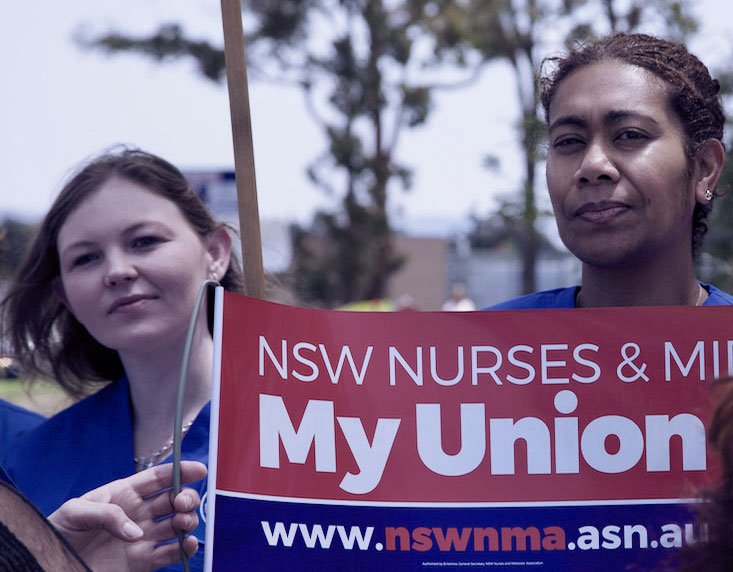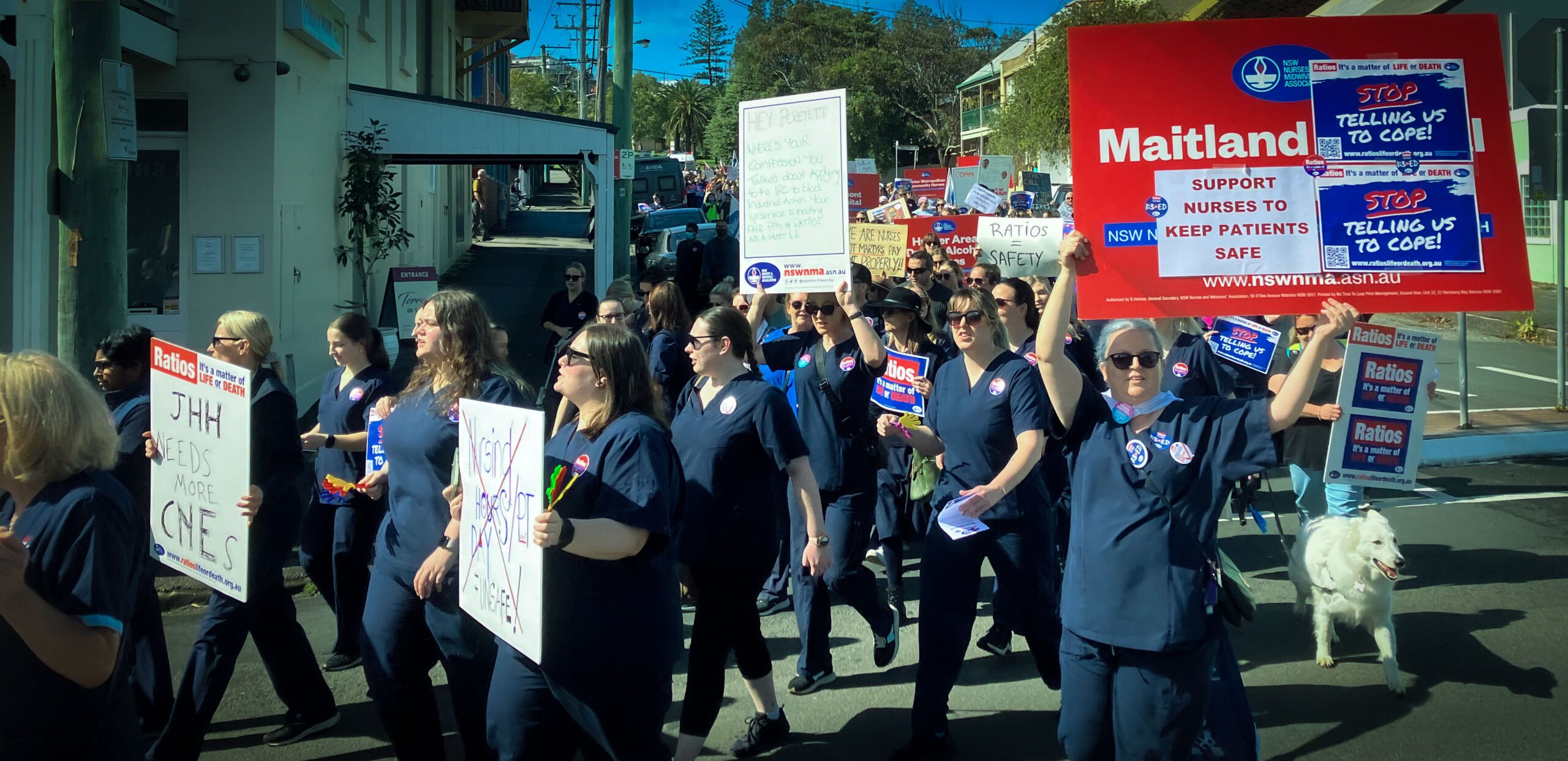Australia’s top six aged care providers, some with foreign ownership, posted enormous profits whilst taking advantage of AUD $2.17 billion in Australian taxpayer funded subsidies, using various loopholes, corporate structures and discretionary trusts to avoid paying their fair share of tax, according to a new report examining tax avoidance in the rapidly-growing aged care sector.
The report, Tax Avoidance by For-Profit Aged Care Companies: Profit Shifting on Public Funds, was prepared by Jason Ward from the Tax Justice Network, on behalf of the country’s largest union, the Australian Nursing and Midwifery Federation (ANMF).
The chronic staffing crisis in Australia’s aged care system has led to dangerous workloads for nurses and carers resulting, too often, in missed care for vulnerable nursing home residents, yet the report finds that the big for-profit providers clearly have the financial capacity to improve staffing to ensure safer and more effective care.
The report shows:
- Australian taxpayers, via Government funding, contribute around 70% of the expenditure in aged care in Australia, which is around 96% of the total funding on aged care from Commonwealth and State Governments;
- The six largest providers (BUPA, Opal, Regis, Estia, Japara, and Allity) received over AUD $2.17 billion in government subsidies – which was 72% of their total revenue of over AUD $3 billion;
- Bupa, Australia’s largest aged care provider, made over $663 million in 2017 with 70% ($468 million) coming from government funding. Even though taxpayer funding and residents’ fees increased in 2017, it paid almost $3 million less to employees and suppliers;
- Although Bupa is headquartered in the UK it makes more profit in Australia and New Zealand than in the UK or any other region;
- Opal, the second biggest provider, had a total income of $527.2 million in 2015-16 but paid only $2.4 million in tax on a taxable income of only $7.9 million. 76% ($441 million) was from government funding in 2016. Opal is owned by AMP Capital and a Singapore-listed company;
- Allity, did not pay any tax in 2015-16 or 2014-2015;
- Opal paid no tax in 2014-2015.
The ANMF says the report highlights tax avoidance on a grand scale in the government subsidised for-profit aged care sector. Implementation of legislation that enforces transparent reporting and public accountability by for-profit aged care providers is critical.
To view the full report, go to: http://bit.ly/anmf-taxavoidancereport
Annie Butler, the A/Federal Secretary of the ANMF:
“Aged care is in crisis, yet Australia’s biggest aged care providers are clearly putting profits ahead of their responsibility to ensure safe and dignified care for the elderly.
“When contrasted with what we know about the aged care crisis in Australia, and increasing evidence of chronic understaffing, this report shows us that for-profit providers do have the financial capacity to improve staffing to deliver safer and more effective care for residents but they are choosing to focus on maximising profit rather than providing safe staffing levels.
“These for-profit providers can no longer cry poor. The report shows us that these providers are making profits from funding that’s provided courtesy of the Australian taxpayer, while too many residents suffer. It’s simply unconscionable that our taxpayer money is not being directed to ensure the care that nursing home residents desperately need.
“The ANMF has launched a national campaign, calling on the Federal Government to mandate staffing and skills mix in aged care – and to implement legislation enforcing greater transparency, reporting and accountability for-profit aged care providers, to fix the crisis in aged care as a matter of urgency.”
Author of the Report, Jason Ward, Tax Justice Network:
“Our research concludes that many for-profit aged care providers are utilizing a variety of loopholes, corporate structures and discretionary trusts to minimize their taxable income, whilst making substantial profits from government subsidies.
“It’s also difficult to get a detailed and complete picture of the total extent to which these heavily subsidised aged care companies are avoiding paying as much tax as they should, because Australian law is not currently strong enough to ensure that their financial records and accounting practices are publicly available and fully transparent.
“The Tax Justice Network recommends that any aged care provider that receives Government funding over $10 million in any year must file complete audited annual financial statements with ASIC in full compliance with all Australian Accounting Standards and not be eligible for Reduced Disclosure Requirements.
“Public and private companies operating in aged care should also fully disclose all transactions between trusts or similar parties that are part of stapled structures or similar corporate structures where most or all income is earned from a related party and where operating income is substantially reduced by lease and/or finance payments to related parties with beneficial tax treatment.”







